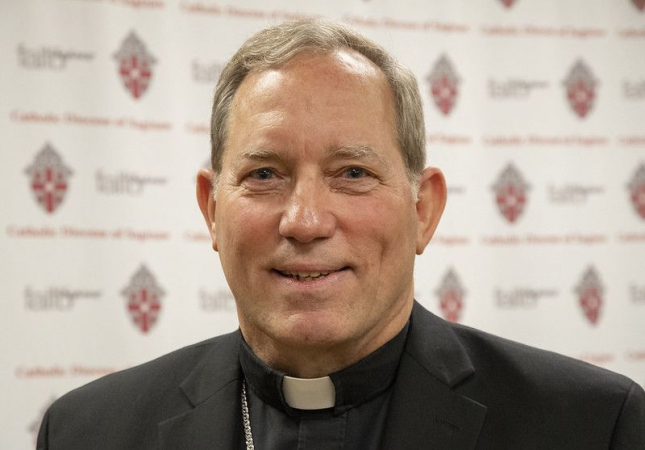
I want to begin this journey together by asking: Who are you? What is your identity? How do you identify yourself? Are you aware how your answer impacts your life and the lives of those around you?
Some people may say they have an identity crisis. I hear a lot of commercials on the radio trying to sell us Identity Theft Protection. Our culture today reveals the many ways in which people identify themselves. So, who are you? How do you identify yourself?
Over the next six weeks, we will be reflecting upon these questions in various ways. Because, how we perceive our identity affects every choice we make, every thought we think, every stand we take, as well as our relationship with others. Who we believe we are colors everything we do.
Someone recently shared with me five statements about identity that the late Fr. Henri Nouwen, a Belgium priest and theologian, says are lies, which many of us believe or have believed about ourselves.
Five lies about identity
1) I am what I have.
2) I am what I do.
3) I am what other people say or think of me.
4) I am nothing more than my worst moment.
5) I am nothing less than my best moment.
We’ve all bought into every one of these statements because they are powerful and convincing. They often get reinforced and affirmed by people around us without us realizing it. Living by them brings about stress, anxiety, pain, disappointments, regret and a whole lot of unnecessary sadness. But they are all lies.
What would it be like to live your life by the truth that the real you is created by and held together in the heart of God, unchangeable and complete? Over the next few weeks, we will explore these lies, their impact upon our lives, as well as the truth that will help us live our true identity, an identity that brings true freedom regardless of our situation in life.
Let’s look at the first lie. I am what I have.
We live in a culture today where our material possessions reveal something about ourselves. When we buy into this lie, we accept the message of consumerism and materialism. We think accumulation and pursuing the cutting-edge things will leave us feeling more secure – that an increasing consumption of goods is what will make me happy and bring me fulfillment. More is better. Bigger is better. The newest is better. Why do we have so many of these storage places all over the place? So people can store their excess. That the material world is what will make us happy. In a sense, this basically denies the existence of God.
What happens when your possessions lose their luster or get taken away from you? You’re still left with you. Neither your latest style of clothes, your house, your car, your school, your bank account – none of these can define who you really are.
There’s no product, no material possession which will make me feel secure in who I am. When we pursue that kind of security, we’ll always end up disappointed.
'Who I am' is a gift
Because, “Who I am” is a gift I’ve received from God. We were in the mind and heart of God before we born. “Before I formed you in the womb I knew you,” Jeremiah says.
“You formed my inmost being; you knit me in my mother’s womb. Your eyes saw me unformed; my days were shaped, before one came.”
In this next week, take some time with the Lord in prayer and reflect upon how you might have bought into the lie that “I am what I have.” Reflect also on the truth that who I am is the object of God’s love.
Pray with Jeremiah, Chapter 1:5; and Psalm 139.
We’ll see you next week. May God bless you.